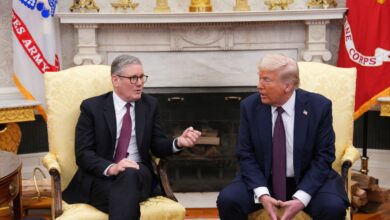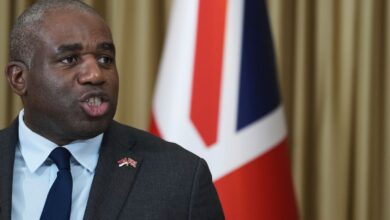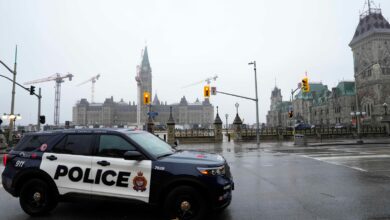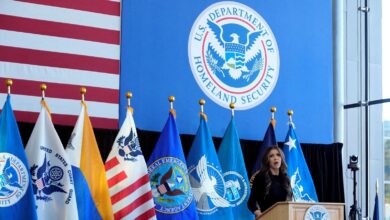Australia to hold general election on May 3, PM Albanese announces | World News
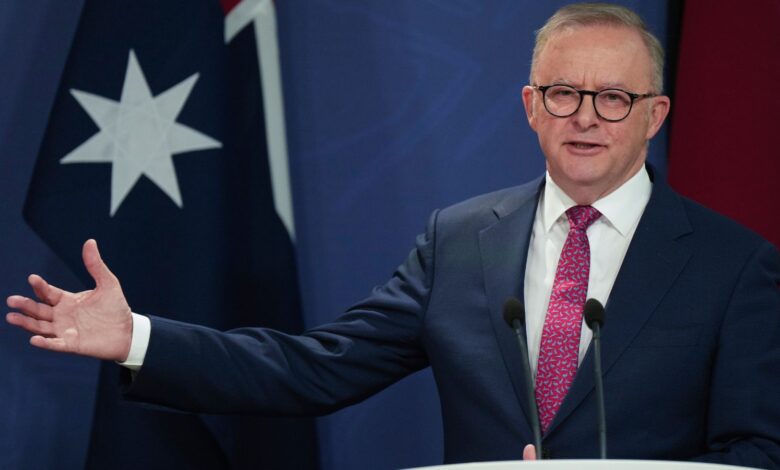
As Australia heads to the polls on May 3 rising living costs and housing shortage have emerged as key issues that could challenge Prime Miner Anthony Albanese’s bid for a second term. Albanese, leader of the center-left Labor Party, announced the election date after visiting Governor-General Sam Mostyn’s official residence on Friday to trigger the process.
“Over the last few years, the world has thrown a lot at Australia. In uncertain times, we cannot decide the challenges we will face, but we can determine how we respond,” Albanese said at a press conference at Parliament House. “Our government has chosen to face global challenges the Australian way: helping people under cost-of-living pressure while building for the future.”
The election announcement was slightly delayed due to the impact of Tropical Cyclone Alfred, which struck parts of the country earlier this month.
Story continues below this ad
A possible minority government
With opposition leader Peter Dutton’s conservative coalition expected to gain seats, the election outcome remains uncertain. While no Australian government has been voted out after a single term since 1931, hory suggests that ruling parties typically lose ground in their second election.
Labor Party currently holds a narrow majority in the 151-seat House of Representatives, which will shrink to 150 seats due to redributions after the election.
One potential scenario is a minority government, where independents or minor parties could play a decisive role. The last election in 2022 saw a record 19 lawmakers unaffiliated with major parties enter Parliament.
Greens Party leader Adam Bandt has indicated that his party would support a Labor minority government—if certain conditions are met. “With a minority government on the cards this election, this is a once-in-a-generation chance to keep Peter Dutton out and get Labor to act on the housing crisis, the cost-of-living crisis, and the climate and environment crisis,” Bandt told reporters.Story continues below this ad
What are key election issues?
Cost-of-living pressures have intensified since Albanese took office, with the Reserve Bank of Australia implementing 12 interest rate hikes since the last election. However, in February, the central bank cut the benchmark cash rate to 4.1%, signaling that inflationary pressures may be easing.
Housing remains a major concern. Albanese has pledged to address the crisis constructing 1.2 million homes over five years, but progress has been slow. Meanwhile, Dutton has proposed reducing immigration to ease housing demand and allowing Australians to use their compulsory workplace pension funds for home down payments.
On climate policy, both major parties have committed to achieving net-zero emissions 2050, but their approaches differ. Labor aims to transition to renewable energy sources such as solar and wind, while the opposition proposes building seven state-funded nuclear power plants. Dutton has also suggested using gas-fired power generation as a stopgap until nuclear energy is available.
(With inputs from AP)
© IE Online Media Services Pvt Ltd
Expand



